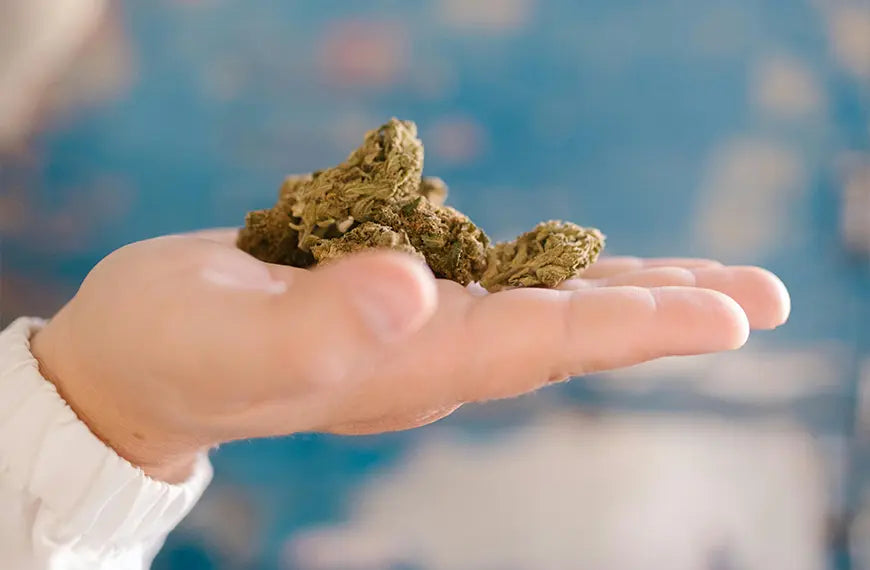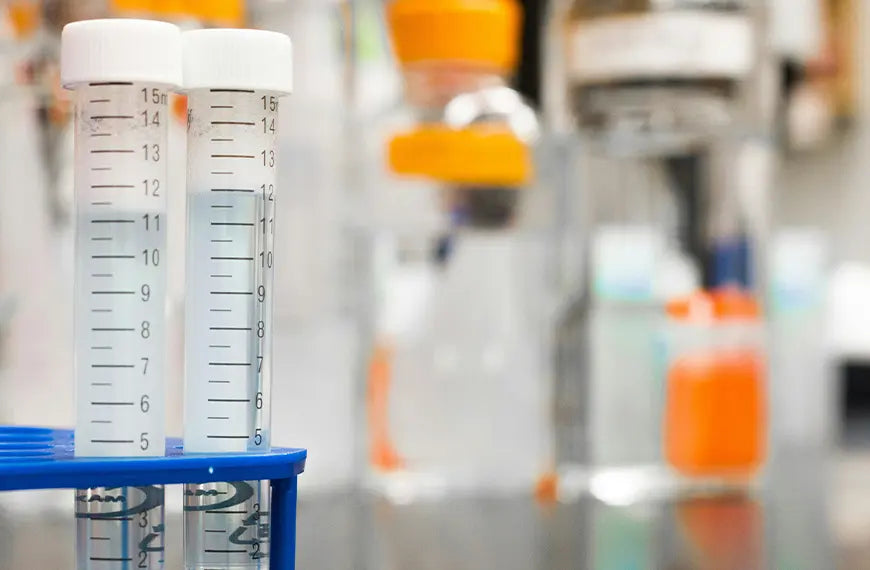How to Choose the Right CBD Dosage for Your Needs?

When it comes to CBD, one of the most common questions people have is: how much CBD should I take? The optimal dosage of CBD can vary depending on several factors, including your body weight, metabolism, the condition you're using it for, and the form in which you're consuming it. Finding the right CBD dosage is a critical aspect of maximizing its potential benefits. Whether you're seeking relief from anxiety, pain, or sleep issues, understanding how to choose the right dosage for your needs is key. This FAQ article will guide you through the process of determining the correct CBD dosage, based on both scientific insights and anecdotal evidence.
Why Is Choosing the Right CBD Dosage Important?
The effectiveness of CBD largely depends on taking the correct dose. Too little may result in minimal benefits, while taking too much could lead to mild side effects such as drowsiness or an upset stomach. Finding the right dosage ensures that you experience the full potential of CBD without discomfort.
In addition, CBD is a highly individualized supplement, meaning what works for one person may not work for another. Factors such as body chemistry, health condition, and tolerance level can all influence the ideal dosage. This makes the process of finding the right dose a bit of trial and error, but with proper guidelines, you can make the journey smoother.
How Do I Start With CBD Dosage?
If you're new to CBD, it’s essential to start with a low dose and gradually increase it. This approach helps you gauge how your body reacts to CBD and minimizes the risk of adverse effects. A general rule of thumb is to start with 1-5 mg of CBD per 10 pounds of body weight, although the actual dosage may differ based on the method of consumption (oils, capsules, edibles, etc.).
Step-by-Step Guide to Start Your CBD Journey:
Determine Your Weight: Start by considering your weight since heavier individuals often need higher doses to feel the effects of CBD. For instance, someone weighing 150 lbs may begin with a lower dose than someone weighing 200 lbs.
Start Low and Go Slow: Begin with the lower end of the suggested dosage range. For example, if you're 150 lbs, try starting with 15 mg of CBD per day. This is usually a safe starting point for most people.
Observe Your Body’s Response: Take note of how you feel after each dose. It’s important to monitor any effects, both positive and negative, so you can adjust accordingly.
Increase Gradually: After 3-5 days, if you haven’t noticed significant benefits, increase your dose by 5-10 mg per day. Continue to do this until you find the dose that works best for you.
Maximize Benefits: Once you find the right dose, try to stick with it consistently for a few weeks to allow the full therapeutic effects to unfold.
Factors That Influence CBD Dosage
While starting with a low dose is generally recommended, there are specific factors that can influence the dosage you need:
1. The Condition You Are Treating
The condition for which you're using CBD can play a significant role in determining the dosage. For example:
Anxiety: Many users report relief with doses as low as 10-20 mg per day.
Chronic Pain: For pain relief, users often need a higher dose, anywhere from 20-40 mg or more.
Sleep Disorders: For sleep, a moderate dose (20-30 mg) is commonly effective, though some people may need as much as 50 mg for optimal rest.
2. Your Body Weight
As mentioned earlier, body weight is a key factor in determining how much CBD you need. Larger individuals generally need more CBD to feel its effects compared to those who weigh less. This is because CBD interacts with receptors in the body, and the more body mass you have, the more CBD may be required to achieve the desired effects.
3. CBD Formulation and Bioavailability
Different forms of CBD (oils, edibles, creams, vapes) have varying levels of bioavailability, meaning how much CBD actually reaches your bloodstream and has an effect on your body. For example:
CBD oil (taken sublingually) tends to have higher bioavailability than CBD edibles, which are processed through the digestive system.
CBD topicals are applied directly to the skin and are used more for localized issues, like muscle pain or inflammation, and don’t require as high of a dose.
If you're using CBD in an edible form, the effects may take longer to kick in (up to 2 hours), but they may last longer compared to oils or vapes.
4. CBD Tolerance
Some people build a tolerance to CBD over time, meaning they may need higher doses to achieve the same effects. Tolerance may vary from person to person and may depend on how frequently you take CBD and the dosage you’re using. If you feel that CBD is becoming less effective, you may need to adjust your dose.
5. Other Medications You Are Taking
If you’re taking other medications, CBD may interact with them, which could either heighten or diminish the effects. It’s always wise to consult with a healthcare professional before starting CBD, especially if you’re on prescription medications like blood thinners, antidepressants, or anticonvulsants. Some medications may also influence how CBD is metabolized in the liver, affecting its potency.
What Are the Different Methods of Taking CBD?
There are several methods of consuming CBD, and the right dosage can vary depending on the method used:
- CBD Oil/Tinctures: Typically taken sublingually (under the tongue), this method offers fast absorption, and the dosage is easy to adjust. It also has a higher bioavailability than many other forms.
- CBD Capsules or Softgels: These are easy to use and have a set dose, but they can take longer to kick in, as they need to be digested first.
- CBD Edibles: Gummies or beverages offer precise dosages but are slower to take effect since they need to be digested.
- CBD Vapes: Provide quick effects, but the long-term safety of vaping is still under study.
- CBD Topicals: Applied directly to the skin for localized relief, they are ideal for conditions like muscle pain or arthritis and have no systemic effects.
How Much CBD Should I Take for Specific Needs?
As a general guideline, here are some common dosages based on the condition you are treating:
- For Anxiety: 10-20 mg per day (can be taken in one dose or split into two doses).
- For Pain Relief: 20-40 mg per day, depending on severity and the method of consumption.
- For Sleep: 20-30 mg, taken about 30 minutes before bedtime.
- For General Wellness: 10-25 mg per day for overall balance and stress relief.
What Are the Risks of Taking Too Much CBD?
Taking too much CBD is generally considered safe, but it can cause mild side effects like dizziness, drowsiness, upset stomach, or a dry mouth. If you take more than the recommended dose, it’s always good to start by reducing your intake and giving your body time to adjust.
Conclusion
Finding the right CBD dosage can take time, but with patience, you can tailor your dosage to suit your specific needs. Start with a low dose and gradually increase it, while monitoring how your body responds. The key to finding your ideal CBD dosage is consistency and self-awareness. By considering factors like body weight, the condition being treated, and the CBD form, you can ensure you’re getting the most benefit from CBD without the risk of side effects. Always remember to consult with a healthcare professional before starting CBD, particularly if you are on other medications or have underlying health conditions.



